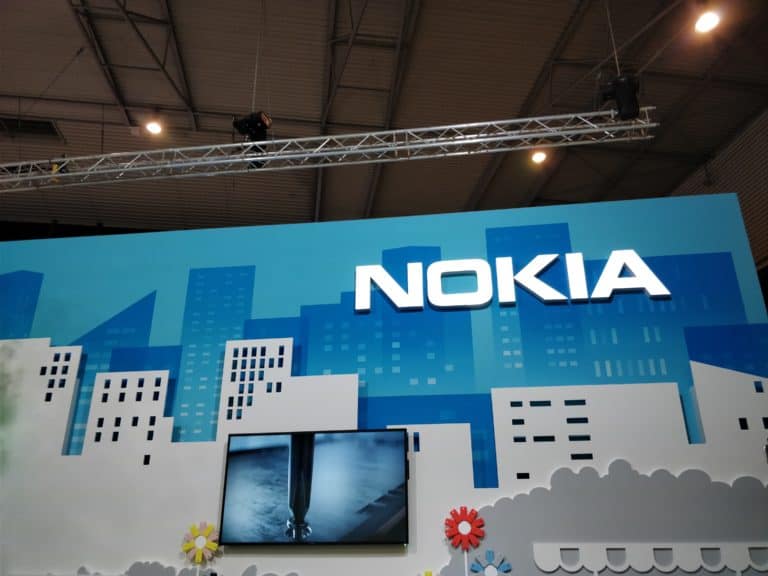The German car manufacturer Continental and the French company Valeo, together with Daimler and Bury Technologies, have filed an antitrust investigation with the European Union into Nokia’s patent licensing practices for cars. That’s what the Finnish company said to Reuters on Wednesday.
German car manufacturer Daimler and Bury Technologies have previously complained about Nokia’s patent licensing practices, which are essential for car communications. Last month, they complained to the European Commission about this. The complaint highlights the ongoing quarrels between tech companies and the car industry about royalties to be paid for technologies used in navigation systems, communication between cars and self-propelled cars.
Nokia was at the same time put at the top of the complaints of Bury Technologies, Continental and Valeo, as that the European Commission informed the company of Daimler’s complaint, suggests a spokesman. The European competition watchdog has confirmed Continental’s complaint. The organisation states that it is assessing this complaint, as are those of Daimler and Bury Technologies.
Complaints
“The reason for this complaint is that we believe that Nokia does not apply fair practices when it comes to licensing their so-called standard essential patents,” Continental said in a statement. Companies with essential patents are expected to offer them on fair, reasonable and non-discriminatory terms.
Valeo has also confirmed that he has lodged a complaint with the European Union. This company claims that Nokia is abusing its dominant position. Nokia has a very lucrative portfolio of patents, which it inherited from the days when it was a leading mobile phone manufacturer.
Since 2015, the company has been in dialogue with car manufacturers and their main suppliers about the use of its patents.
This news article was automatically translated from Dutch to give Techzine.eu a head start. All news articles after September 1, 2019 are written in native English and NOT translated. All our background stories are written in native English as well. For more information read our launch article.